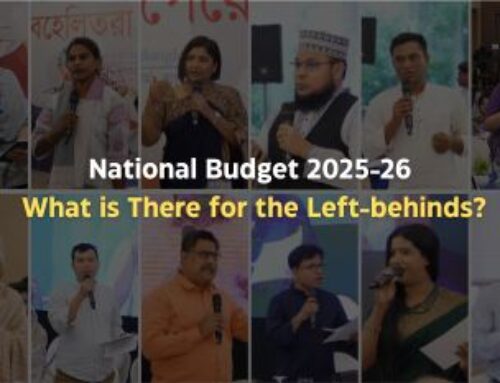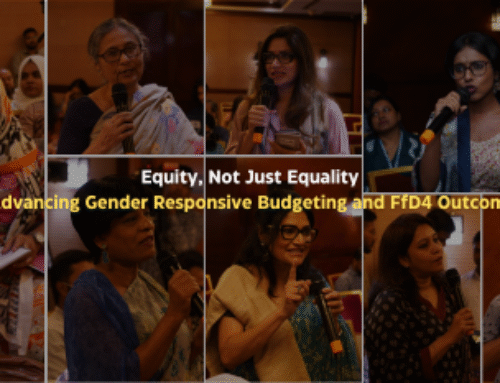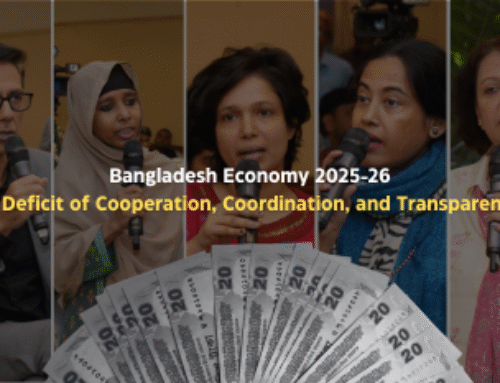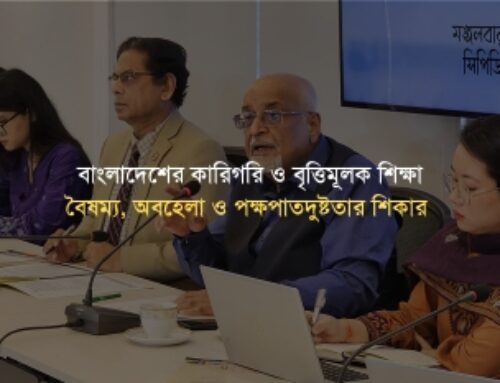Although the youth at the national and local level was considered an important part of implementation and accountability in Sustainable Development Agenda-2030, it has not been implemented. The SDGs assumes that the youth will play a crucial role in the Voluntary National Review (VNR) and other related accountability processes. Youths should be involved beyond passive consultation processes and be encouraged to actively provide inputs to local and national SDG accountability mechanisms. Rather than solely focusing on skills for employability, youth-based skills training programmes deployed by both government and NSAs (Non-State Actors) should also involve training to collect data, through modern ICT solutions, relevant to the protection of youth’s well- being and rights. However, consolidation of global experiences in terms of localising youth participation in SDG implementation and accountability has been sparse. In fact, a third of the 17 SDGs exclusively refer to the youths in view of their development, participation and well-being. Even indicators that do not directly refer to the youths have serious implications for them.
These observations emerged at the Global virtual sharing session titled Youth, SDG Accountability & the Voluntary Local Review: Situating Bangladesh’s Experience within the Global Context. The dialogue was jointly organised by the Citizen’s Platform for SDGs, Bangladesh and ActionAid Bangladesh which was held on Thursday, 10 June 2021.
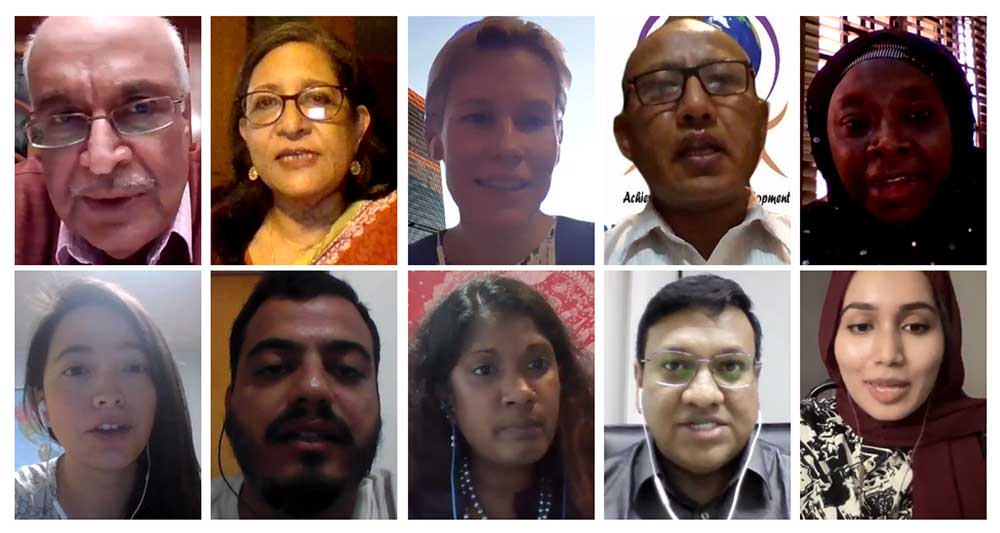
On her welcome remark, Ms Farah Kabir, Country Director, ActionAid Bangladesh, pointed that whole society inclusion should be a major goal which can be done via data and information sharing, capacity building, political commitment, environment and such other. We need to bring on board, particularly young women and men to understand the perspectives and thinking of the young generation across the globe.
A keynote presentation was delivered by Ms Najeeba Mohammed Altaf, Programme Associate, Centre for Policy Dialogue (CPD), in which the involvement of youth in the SDG Accountability mechanisms, specifically the VNRs, was analysed from three different experiences: mobilization, localisation and accountability experiences across global, national (Official) and national (Non-State Actors) perspectives. She also mentioned that, despite the clear importance shown to youth within the Agenda 2030 for Sustainable Development itself, this importance was not reflected in the extent of youth participation documented in either the 2017 or 2020 VNR published by Bangladesh. Many of the perfunctory “consultation” meetings mentioned in the 2020 VNR were not conducted due to the pandemic either. Following the analysis, recommendations were constructed based on the progress made by Bangladesh compared to its international peers.
Ms Riina Jussila, Sustainable Development Expert, United Nations Department of Economic and Social Affairs (UN DESA), New York mentioned that, even within the context where both national and local levels of government don’t believe in the SDGs and have cancelled the national census even before the covid pandemic, as a response there is still a “spotlight report” to shadow the country’s SDG implementation, citizen generated data to replace the census and even their own set of indicators called the “inequality map”.
Leveraging the usage of ICT is crucial to empowering the youths in SDG accountability. It’s needed for disruption of education and lack of opportunities. The data collection skills are needed and ICT will work to leverage and enhance it. Moreover, creation of spaces to not just share ideas but to document processes of implementing SDGs, stated by Ms Estefania Charvet, Head of Programmes, Southern Voice Network.
The paradigm of progression in Nigeria is one of ups and downs. The biggest issue is regarding the data gap and access to IT and internet among the youth. We also interacted with youth organisations and it was also inclusive, shared by Ms Suwaiba Yakubu-Jibrin, Director of Programme, ActionAid Nigeria. Adding with her, Ms Sesheeni Selvaratnam, International Programme & Policy Lead, ActionAid Denmark said SDGs need to be accessible to locals in a language they can understand. In one case, one of the youths empowered through ActionAid in Zambia who was also part of Green Movement was actually contacted by their government to write the chapter on youth in their VNR.
Left behind youth in SGD perspective especially women, indigenous group and third gender, who are the less linked people are exposed in employability issues mostly during the pandemic. According to Dr Debapriya Bhattacharya, Convenor, Citizen’s Platform for SDGs, Bangladesh and Distinguished Fellow, CPD; data, information and protecting civic space in the post pandemic period needs to be focused when the state may take a much more authoritarian approach in the upcoming days. In the absence of a robust global governance structure, this is not only an issue for the nation but also global in many ways.
Mr Daya Sagar Shrestha, Chairperson, National Campaign for Sustainable Development Nepal (NACASUD-Nepal); Ms Vitor Mihessen, Casa Fluinense, Brazil; Ms Sesheeni Selvaratnam, International Programme & Policy Lead, ActionAid Denmark also shared their views at the discussion.
Kazi Ashief Mahmood, Project Officer- DRR, BRAC and Ms Reneka Ahmed Antu, Youth Advocate, Plan International Bangladesh were also present at the event.
The virtual global session was moderated by Mr Towfiqul Islam Khan, Senior Research Fellow, CPD.
The dialogue was also participated by a selected group of non-government organisations working on youth issues, UN representatives and country experts from Africa, Asia, Latin America, Europe and North America as well as international development partners and representatives of the media.


